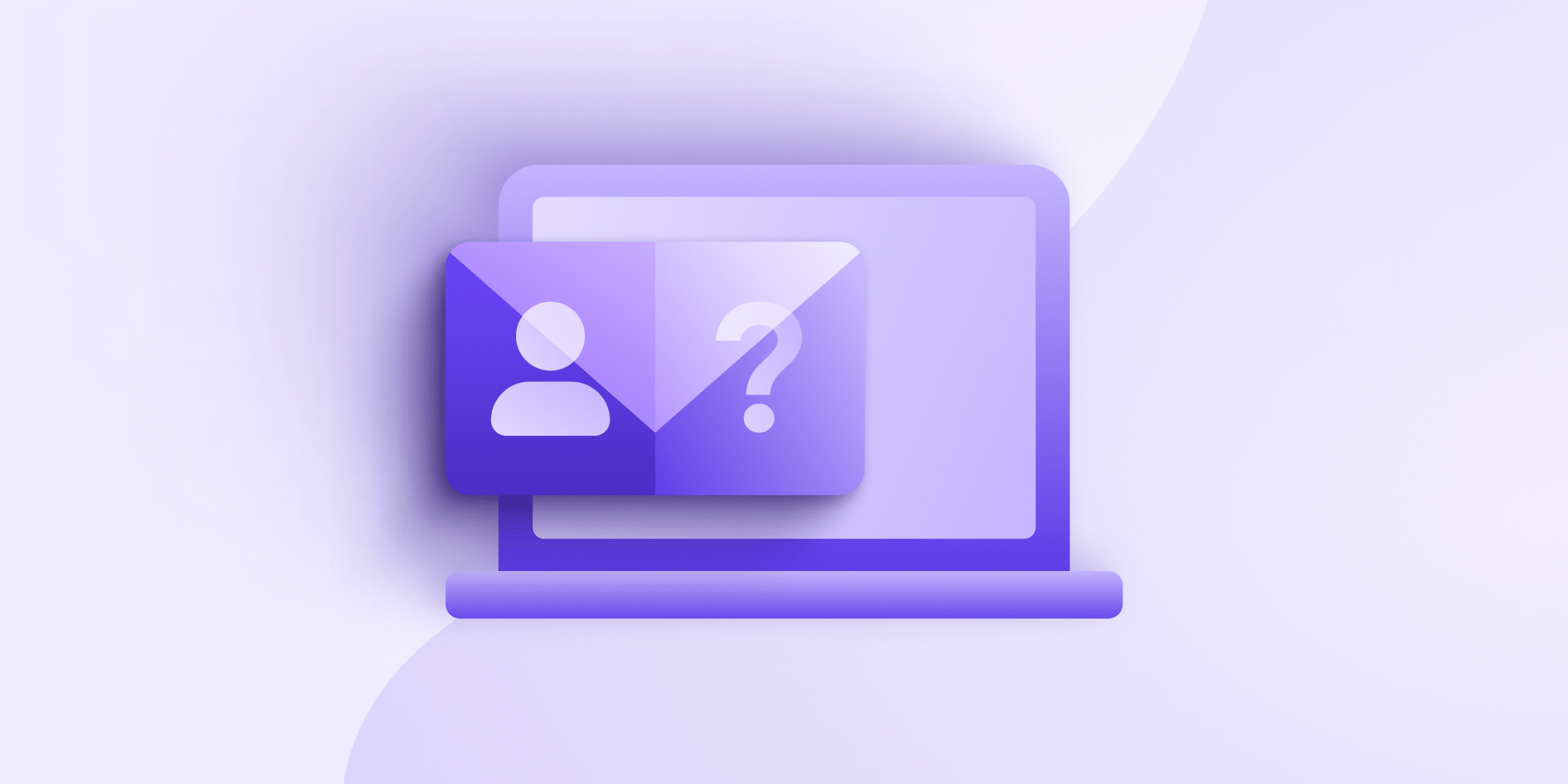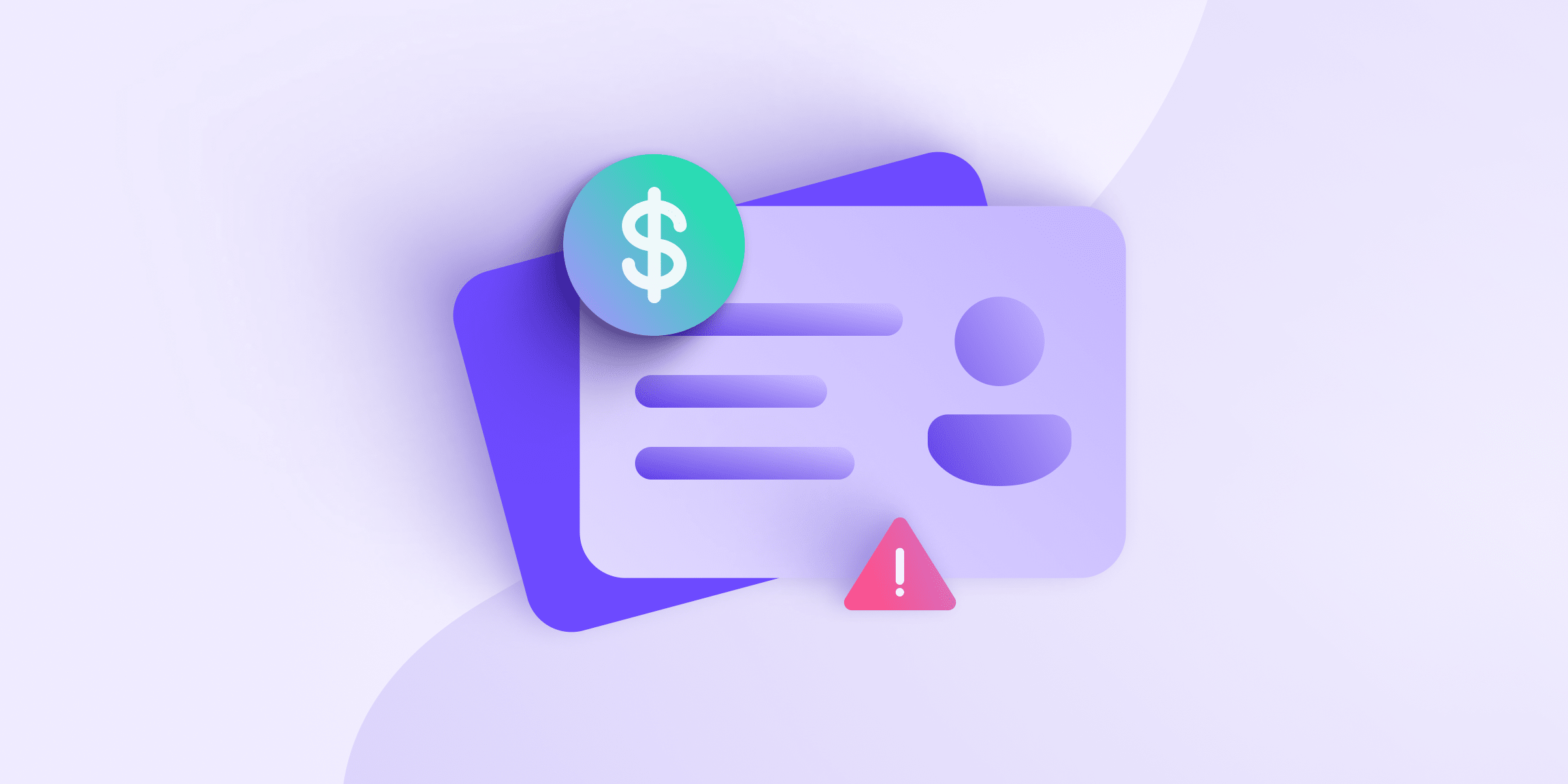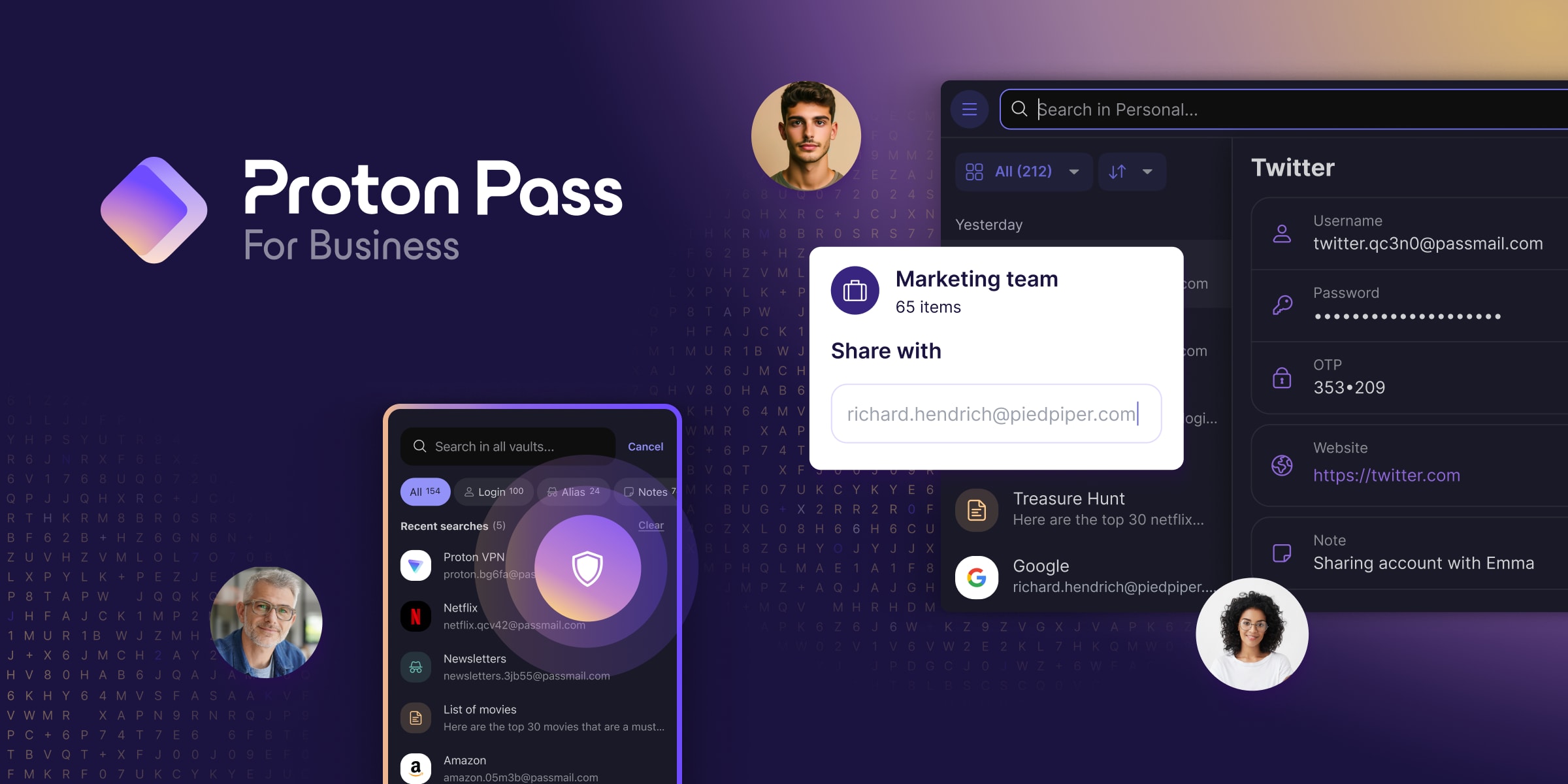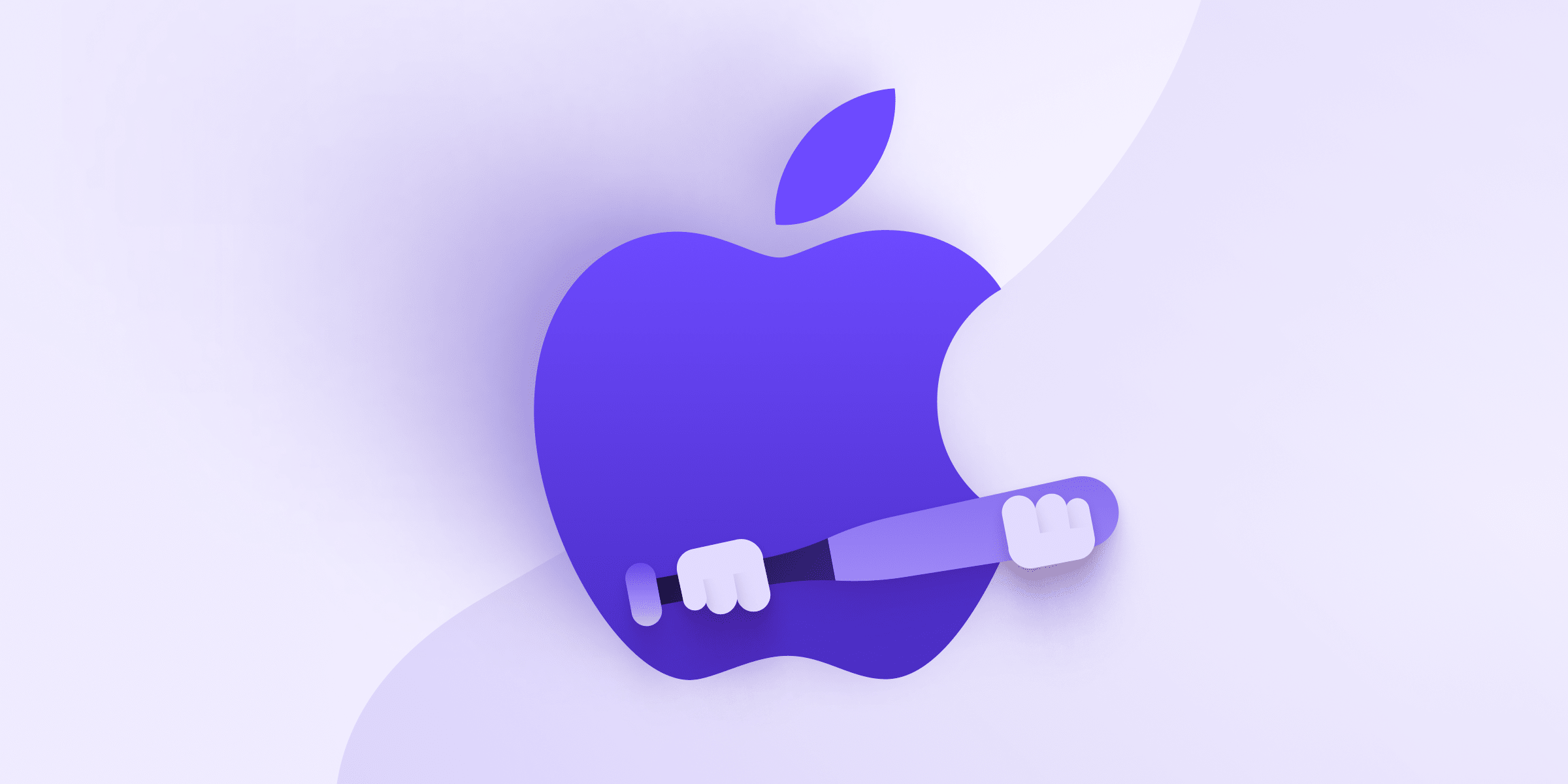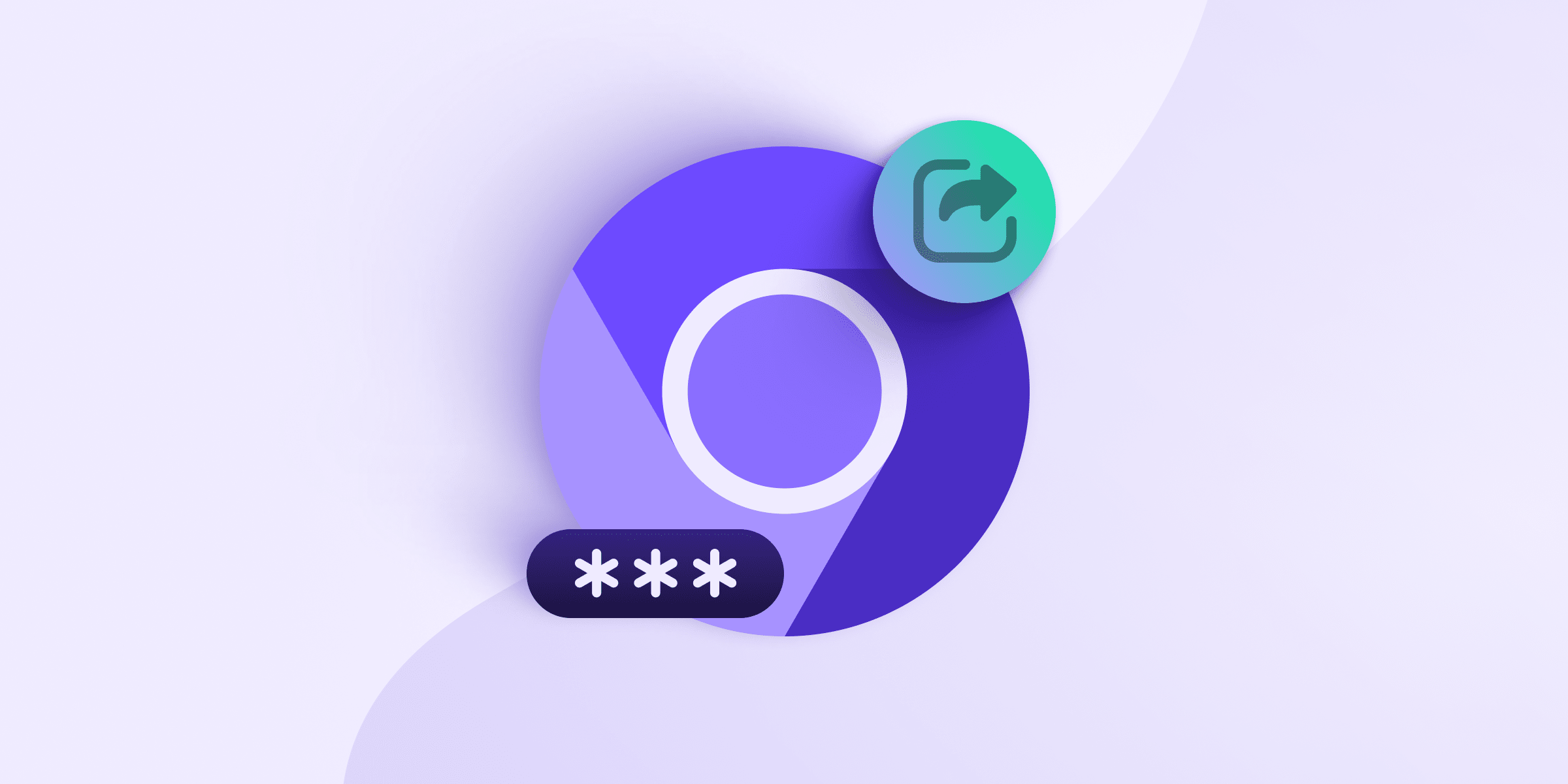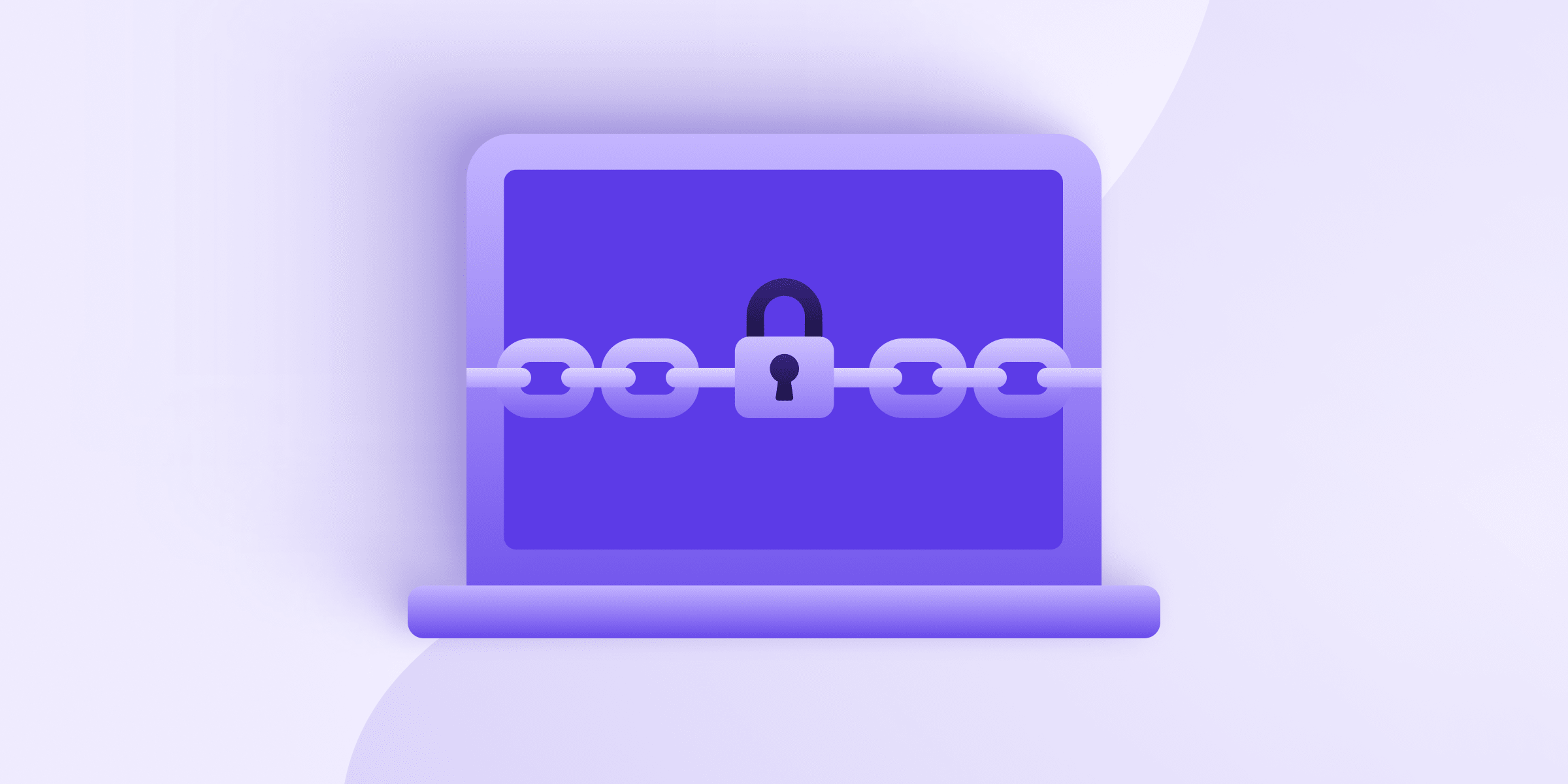Your online identity is hard to grasp: for some it’s the email address that you use for all your accounts, while for others it’s their Facebook profile or even a username on an online forum or multiplayer game world.
In this article we’ll give one possible interpretation of what makes up your online identity, as well as giving you the tools to protect it. After all, if it’s worth something to you, it’s probably worth something to online criminals, too.
What is an online identity?
There are a few ways to look at your online identity. One that likely springs to mind for most of us is a constructed identity. The most extreme versions of this are the avatars in online virtual worlds on platforms like Second Life or huge multiplayer games like World of Warcraft.
In all these cases, the environment you’re in lets you decide who you are, regardless of whether that has any relation to you in reality. You can be another gender, ethnicity, personality, whatever you’d like. You can even choose not to present as human.
Less extreme, and perhaps more relatable, is the identity you can construct for yourself on forums. Reddit is a good example, as it lets you create a unique username (new window)(known as a “handle”), which, if done right, should keep the “real” you shielded, meaning you can speak relatively anonymously on the platform.
You could even argue that most social media sites, including Facebook, Twitter, Instagram, or even LinkedIn, let you create an idealized identity. On these sites, you can be whoever you want to be, up to a point. You can present yourself as more successful than you are, for instance, or even pretend to be less happy to get likes.
Internet persona vs. internet identity
However, in most of these cases, these identities are in some way or another constructed. There will always be a gap between you and your avatar in an online game, and you probably don’t like your job as much as you claim to on LinkedIn. This constructed image is what we’ll call a persona, and while it may be part of your personal identity, it’s not part of your digital one.
At Proton, we mean something a lot more tangible when we talk about your online identity — also known as a digital or internet identity. As more and more services move to the internet, your online identity will come to reveal as much as your “real” (offline) identity.
When you go to your local government to request a service of some kind, they’ll usually ask you to show a driver’s license, passport, or other official document to make sure that you are who you say you are. Slowly but surely, this is happening on the web as well. If you need something from the authorities, you’ll need to display your ID via webcam. Need to create an account to access a service? Enter your email.
In fact, pretty much anything you do online now requires you to submit your email address for it as a way to make sure you are who you say you are. In a way, you could claim that your email address is your online identity(new window) or at least serves as its anchor.
What’s an online identity worth?
To you, an online identity is invaluable. Your email address is your key to all kinds of services, from requesting government services to buying stuff online. However, it’s also worth money in other ways, namely to the corporations that run the internet.
Companies like Google, Meta, and others gather the data generated by users (such as the sites you visited, how long you visited them, what kind of content you liked or disliked, and even the type of device you use) and use it to target ads at them. This is the core of their business model — they make money by collecting and using your personal information.
An email address or username is one of the most valuable data points for this data harvesting. Though the email address itself isn’t particularly useful in most cases, since it acts as your online passport, it’s a convenient way to link all your data to you.
This data is also lucrative for cybercriminals who earn a living by cracking accounts and then selling the data they find or stealing credit card details and using them for their own ends.
Protecting your online identity
Your email address, and in some cases your username, is your online identity, or at least serves as the way to prove who you are for online services. If somebody gained access to it, they could ruin your online life — and probably your offline one, too. On top of that, Big Tech companies are using your online identity to make money without your consent or even knowledge.
This must change. Thankfully, there are several projects underway to mitigate the risk of losing control of our online identity and its associated information. One of our favorites is Solid(new window), a project by Tim Berners-Lee, one of the inventors of the internet and a member of Proton’s advisory board. You could use Solid to put your data in small pods, each of which could be accessed only with your express permission.
As powerful and interesting a tool as Solid’s pods would be, it remains a possible future solution. However, you can take control of your online identity today. One of the best ways to protect your online accounts — and with them, your internet identity — is to use a password manager(new window).
Password managers are typically available as a browser extension or as an app on your device. They remember your passwords for you and generate strong, random passwords(new window) whenever you make a new account. In fact, you probably already have experience with password managers, as every major browser now has one built in.
However, these password managers usually work to ensnare you even further in Big Tech’s ecosystem — something we encountered when we examined how safe Google’s password manager is(new window). Practices like this led a group of scientists who met at CERN to found Proton and combat the overreach of these tech behemoths by developing apps and services that help you keep your data safe from prying eyes.
Proton Pass
One of the best tools we have when it comes to defending your online identity is Proton Pass, a password manager that puts your privacy first and foremost.
While keeping your email address safe from attack is an important part of keeping your online identity safe, it would be even better if there was no way to create a profile of you at all. After all, if neither corporations or cybercriminals can find you, they can’t go after your data either.
Enter hide-my-email aliases. This handy tool will let you set up a decoy email address that you can use instead of your own when creating new online accounts. Any emails the service sends will still arrive in your “real” inbox, but they won’t be able to tie you to it. Using aliases means your accounts can’t be tied to a single email address, thwarting any effort to create a profile of you using it.
By using Proton’s services, and Proton Pass in particular, you’re setting up strong boundaries between the real you and the internet you, meaning Big Tech can’t track you nearly as easily. At the same time, you’re also strengthening your digital identity by making it more credible.
If this sounds good, why don’t you join our mission to make the internet a more private place and create a free Proton account today.



